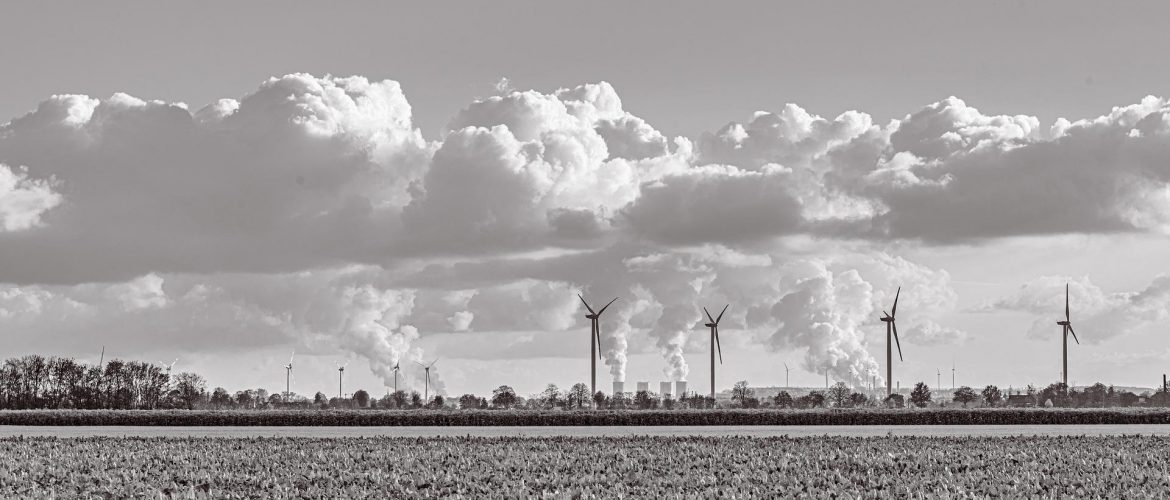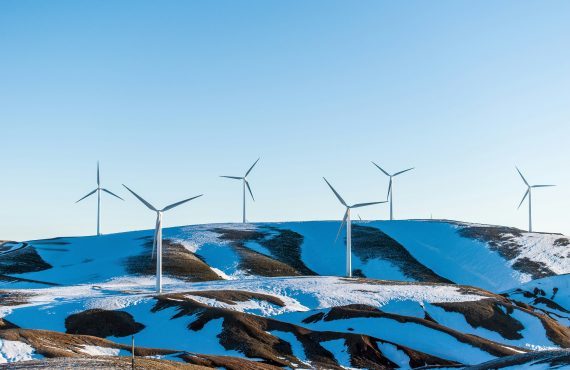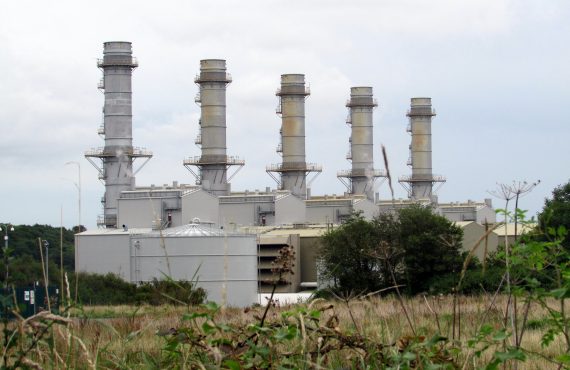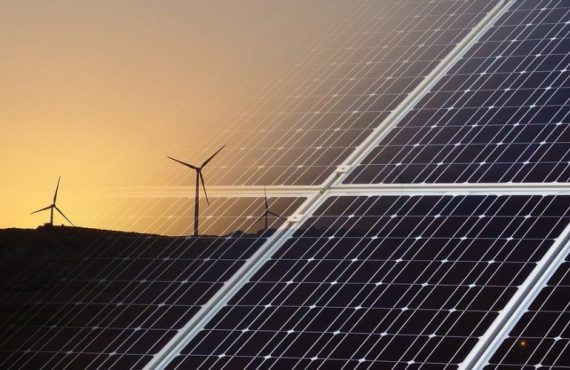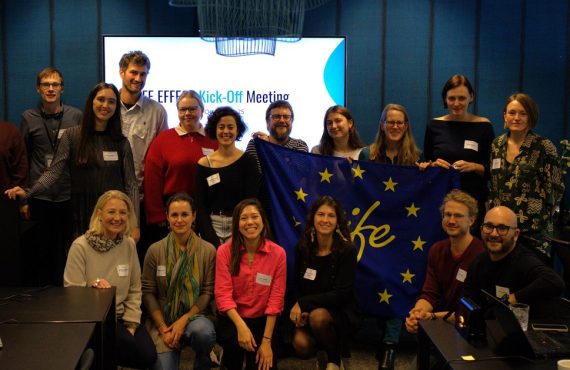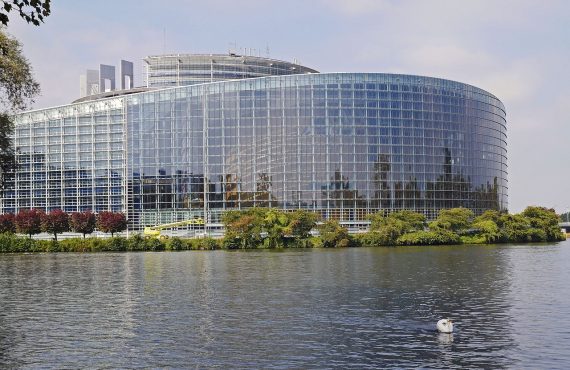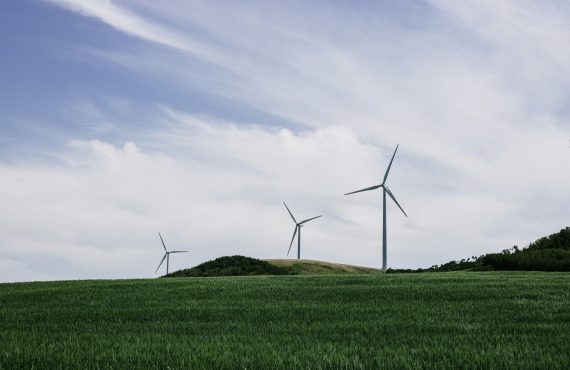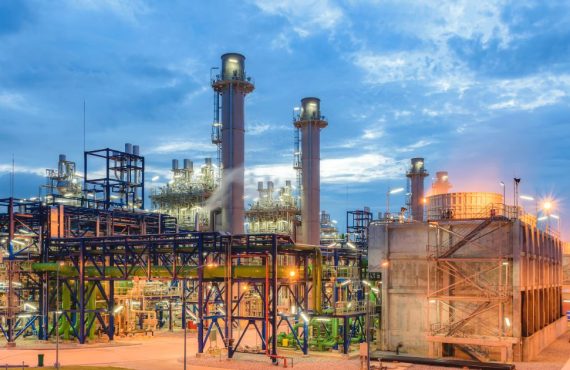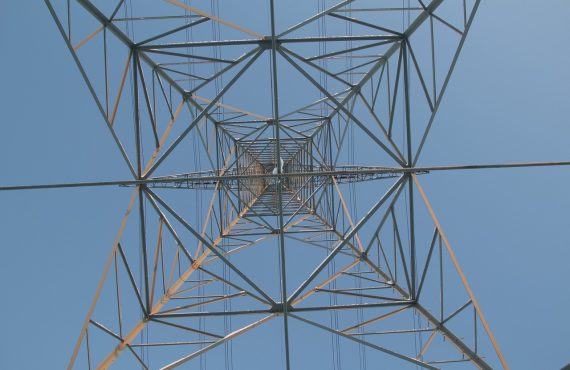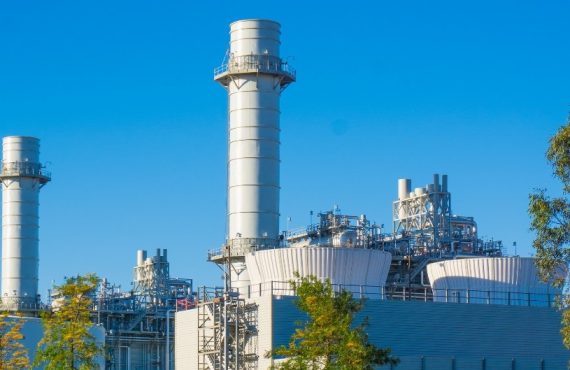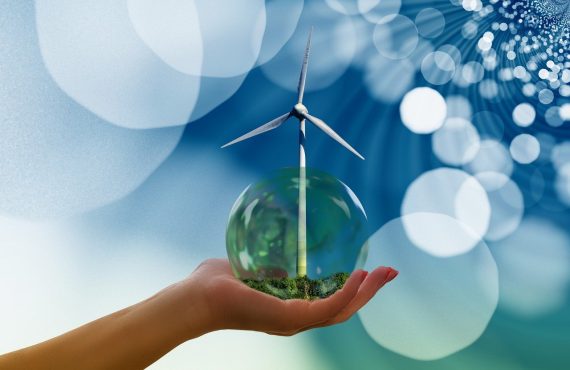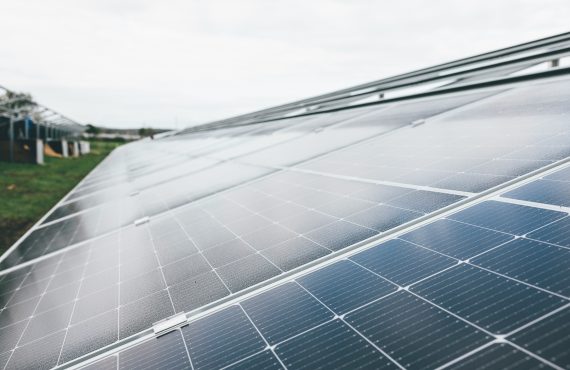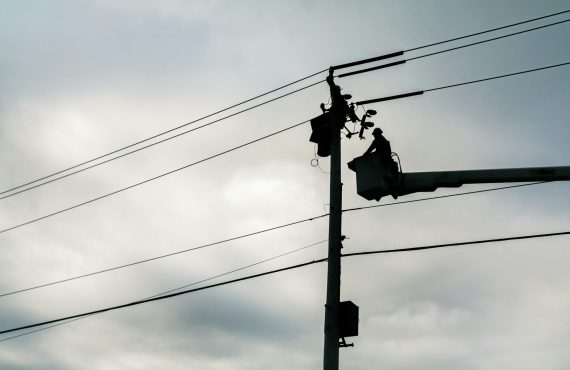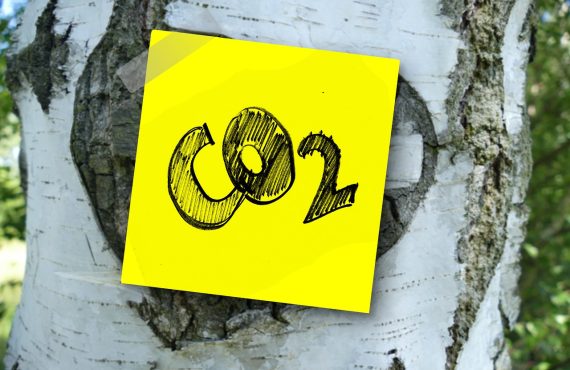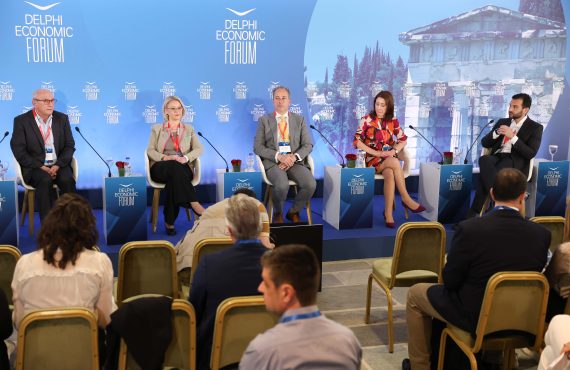The EU Commission’s proposal to reduce the overall fossil gas consumption by 15% in the coming eight-month period, from August 2022 to March 2023, creates a new reality in the context of the EU energy crisis. In view of the EU-27 Council meeting (July, 26 2022), Nikos Manzaris explained why the Commission’s proposal is feasible, politically consistent and economically beneficial.
Specifically, the European Commission’s proposal to reduce gas consumption by 15% is, consistent with the REPowerEU plan – with which Member States agreed in principle – to reduce overall fossil gas consumption by 64% by 2030 compared to 2020 levels, irrespective of the source. This is a decision that effectively dismantles the “fossil gas as a “transitional fuel” dogma, since in a very short period of time the Commission has more than doubled the target for reducing gas consumption by 2030 from -30% to -64%.
At the same time, this proposal is economically beneficial for Member States as fossil gas will be replaced by cheaper renewable energy sources and will lead to a faster filling of the gas stores in EU-27. This will contribute towards deflating fossil gas prices which is the main cause of the energy price crisis.
In fact, Greece has a comparative advantage in this respect, as most of the gas is used in electricity production. A new Green Tank analysis to be published in due course shows that if the government’s announcements to install 2GW of renewable energy sources in 2022 are met, preserving the same rate of installation in the first quarter of 2023, then this measure alone suffices to achieve a reduction in domestic fossil gas consumption up to 11.6% without the need to increase lignite production. Therefore, as Nikos Mantzaris pointed out, Greece’s response to the EU Commission’s proposal should be positive in principle, stressing, however, that making the implementation of this measure mandatory and also maintaining its horizontal character (-15% for all Member States) are problematic choices.
Additional measures that can further contribute to achieving the 15% target in Greece include energy savings in the residential and industrial sectors, fuel switching in industrial processes to the extent feasible as well as even faster deployment of properly sited renewables.
Regarding the scenarios of a return to lignite, he reiterated that this measure can only be applicable as an emergency measure, applied in the extreme case scenario of simultaneous full Russian gas supply disruption, insufficient gas reserves to meet energy needs, and insufficient installation of renewables power capacity; a case in which Greece will be dealing with an urgent problem of meeting demand. Otherwise, the return to lignite will have a huge climate and economic impact and will significantly delay the Just Transition process in Greece’s lignite regions.
On this basis, he called on the political forces to make it as clear as possible that this will be a temporary measure and that the long-term sustainable answer is energy savings, and renewables combined with electricity storage.
Nikos Mantzaris’ intervention was broadcasted live at the ERTNEWS channel with Leda Bola and Katerina Christofilidou on July, 22 2022 and at Andreas Papastamatiou’s radio show at Proto Programma, on July, 25 2022.
The radio interview is available here in Greek:



